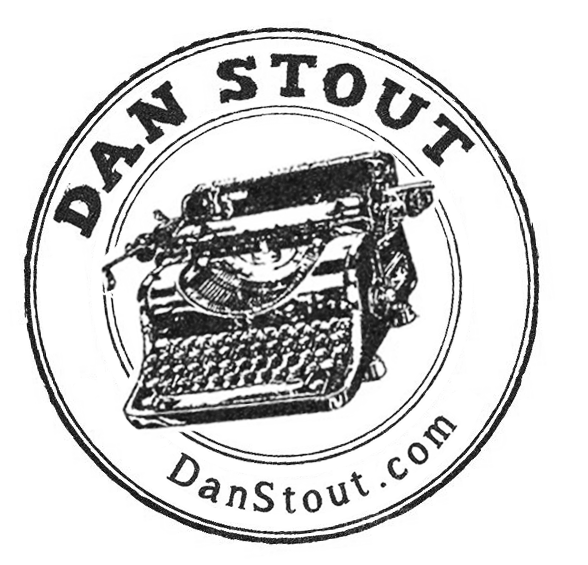As part of an ongoing celebration of upcoming debut novels, I’ll be running highlights of interviews from a number of my fellow debuts through the end of 2019. The full interviews are available on DebutAuthors19.com.
Today, we’re continuing the series with a conversation with M.A. Guglielmo, author of Summoned, a fantasy releasing from Tule Publishing Group on September 24th, 2019.
About SUMMONED
Zahara, party girl of the paranormal, floats up out of a lamp in Daniel Goldstein's apartment ready to trick an evil sorcerer into giving up his soul. But Daniel, whose Moroccan grandmother has reached out from beyond the grave to command him to raise a jinn, wants to do good—by stopping a vengeful fallen angel.
The nymphomaniacal, shopping-obsessed Zahara isn’t the otherworldly ally Daniel had in mind. A do-gooder with a dangerous quest isn't what Zahara's looking for, either.
Stuck in a magical contract with each other, the two travel to Morocco, where Zahara’s handsome friend Zaid, a jinn who's converted to Islam, reluctantly joins their quest. As Daniel and Zaid struggle against paranormal mercenaries, bumbling terrorists and their attraction to one other, Zahara is forced to join forces with the fallen angel's gorgeous but infuriating brother to stop a cataclysmic war between the human and jinn worlds.
Interview Excerpt
Where did you get the idea?
The mythology behind the novel is the story of Harut and Marut, two overly proud angels—or jinn in some versions—who are sent down to earth to show humans how to resist temptation. They fail, in rather spectacular fashion, and are punished by being hung by the feet until the end of the world. According to some sources, the two gave the gift—or curse—of magical knowledge to humanity.
How long did you take to write this book?
It started out as a NaNoWriMo project in 2015, and I worked on finishing and revising it, along with other projects, through 2016. After that, I worked on standard querying, along with different pitch contests. I connected with Tule Publishing through a Facebook pitch contest hosted by the group Writers for Diversity. They're awesome—look them up and join them if you're a writer.
What did you remove from this book during the editing process?
Several characters, a middle chapter that required rewriting the entire plot, and more weak verbs and repetitive phrases than I could ever count.
Are you a plotter or a pantser?
I write out an outline, throw in a collection of disconnected scenes, then never look at it again after I start writing. A pantser in denial, I think.
What is your favorite part of your writing process, and why?
I love drafting and work best under time pressure. Revision doesn't come nearly as easily to me.
What is the most challenging part of your writing process, and why?
Substantive revision is the hardest. Skimming along and fixing typos and awkward sentences isn't too taxing, but confronting an enormous plot hole that has to be fixed by major book surgery is downright painful.
Can you share your writing routine?
I usually write after dinner, and try to fit in some early morning hours on weekends. I do NaNoWrimo every year to get at least half of a rough draft done on a new project. If I have time on a plane trip, or when I'm stuck waiting somewhere, I'll try to get sneak a little writing in.
Have you ever gotten writer’s block? If yes, how do you overcome it?
I've often been quite stuck, and I've tried different techniques to overcome it. One trick that's worked for me is to put away the laptop, and grab some paper and a pencil. I scribble out a series of questions about the plot or character issue I'm struggling with and then answer them with anything that pops into my head.
If you could tell your younger writing self anything, what would it be?
Three hundred thousand words is not a reasonable word count for a first draft.
What’s your favorite writing advice?
Read your novel out loud to yourself. Yes, the whole thing. It's amazing how much it helps with revisions.
What are you working on right now?
I'm working on the sequel to Summoned, and all I can say is that I'm researching hot sports cars. Because clearly Zahara wouldn't be caught dead in the boring SUV I drive.
About the Author
M.A. Guglielmo is a neurosurgeon, mother of two awesome daughters, and a life-long fan of speculative fiction. Her Italian grandmother may or may not have been able to cast the evil eye on difficult neighbors, and Maria loves telling a good story, especially if magical curses and witty villains are involved.
Her interest in Middle Eastern politics and culture inspires her to incorporate mythology and folklore from the region into her writing projects. After having the wits scared out of her by ghost tales told to her over a campfire in the Moroccan Sahara, she’s come up with a plan to travel to all the potential settings for her novels. Since those include the mountain-ringed home of the Jinn and a modernized version of the Greek Underworld, some items on her bucket list might be harder to achieve than others.
Maria was born and raised in Rhode Island, and graduated from Yale University with a degree in biology. She completed her M.D. degree at Brown University, and went on to finish her neurosurgical residency there. After several years enjoying the company of sunny friends and overcast skies in Portland, Oregon, she moved back to Rhode Island, where she’s a neurosurgeon in academic practice. She lives there with her two daughters, assorted pets, and is always dreaming of the stories that can come out of her next travel destination.
Connect with M.A. Guglielmo:



















